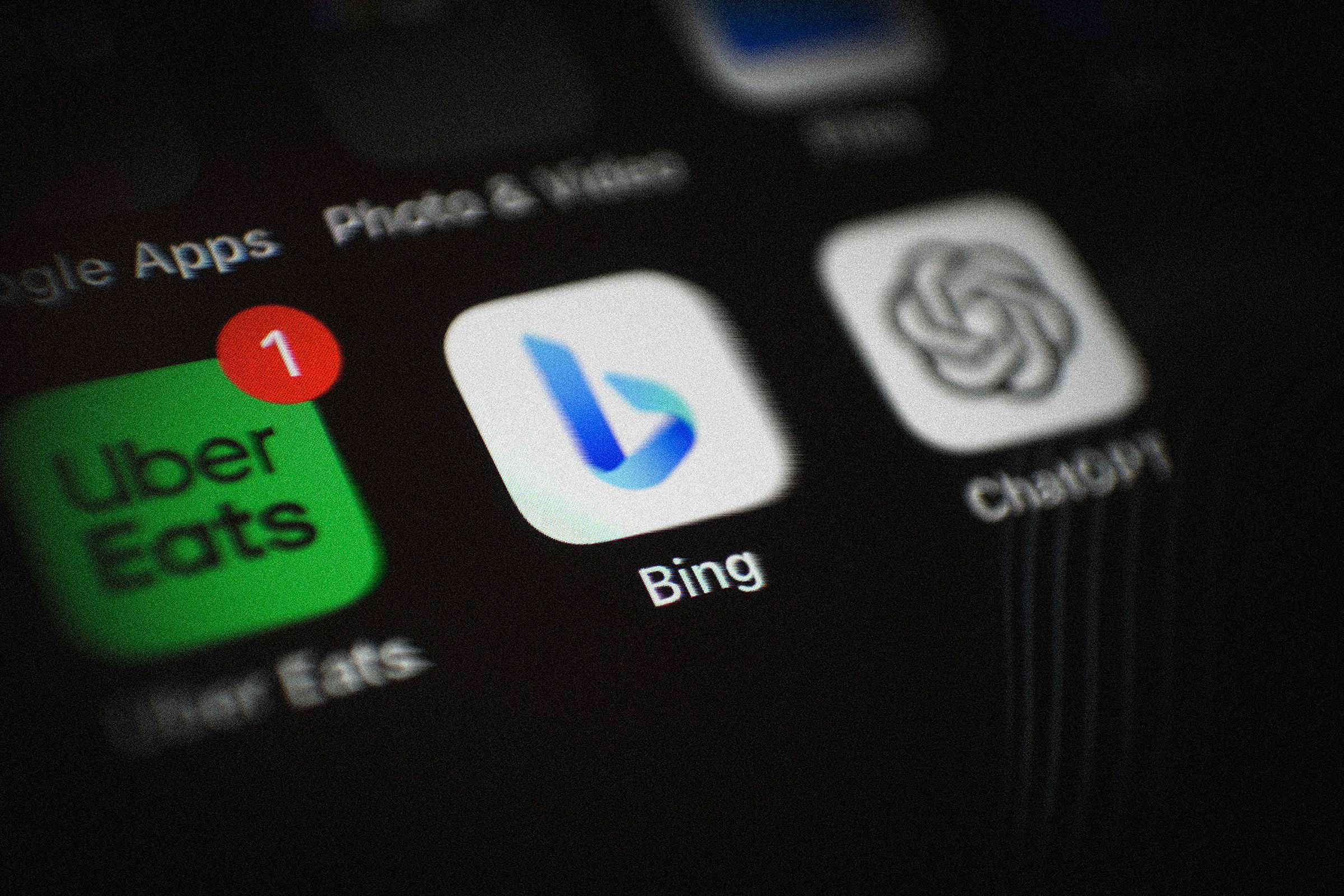Microsoft quietly announced earlier this week that it plans to shut down a long-standing tool supplying search engine startups and other software developers with a raw feed of Bing search results. The Bing Search APIs, or application programming interfaces, were once vital to many niche Google alternatives, but fell out of favor more recently as Microsoft hiked fees for the service and restricted its use.
The shutoff, which is scheduled to begin on August 11, still came as a surprise to several developers who spoke with WIRED. Customers learned of it on Monday via an email from Microsoft and a post on its website. They were directed to consider using “Grounding with Bing Search as part of Azure AI Agents,” a Microsoft service that allows chatbots like ChatGPT to augment AI-generated responses with “real-time public web data.” Some developers view the AI-centric alternative as an insufficient replacement.
Microsoft spokesperson Donny Turnbaugh says that the company is decommissioning the Bing Search APIs as it pivots to supporting the new offering, which “better meets market demand for having AI solutions.” He added that the company has a “support plan in place,” and affected customers can reach out with questions, but he provided no details.
Brian Brown, chief business officer of privacy-focused search engine Brave, which stopped using the Bing Search APIs in 2023 after developing its own technology, says Microsoft “is sending a clear signal” to other search companies that it is tightening loose ends amid growing competition.
The largest customers of the Bing APIs will retain their access after August 11, while smaller developers that were less profitable for Microsoft to support are being cut off sooner, according to a person familiar with the situation who was granted anonymity to protect industry relationships. But the shift may still raise concerns among big spenders about the long-term prospect of relying on Microsoft and prompt them to accelerate their internal efforts to develop alternatives.
One of the bigger customers that is unaffected for now is the search engine DuckDuckGo, company spokesperson Kamyl Bazbaz confirmed to WIRED. “They’re retiring the self-serve version,” Bazbaz says. Brown says Brave’s understanding is that companies that have inked private and long-term deals with Microsoft will maintain access to the APIs.
Microsoft declined to comment on whether slashing costs was a motivation for the shutdown and whether some customers would be exempted. On Tuesday, the company laid off about 6,000 employees, or about 3 percent of its workforce, in a move it described as necessary to reduce redundant management structures.
The loss of the Bing APIs adds another layer of complexity to the already uncertain future of search engines, which have long been the most visible gateway to the web. The emergence of ChatGPT and other AI chatbots that can help users find information more efficiently has fueled fresh competition in the market for the first time in years. Antitrust investigations launched by US regulators are also starting to result in measures that could curb Google’s dominance of search and put more public attention on competitors. But despite the buzz, Google has barely lost any market share so far.
Through the Bing APIs, Microsoft helped other search engines save on the cost and time of crawling billions of web pages and developing a searchable index of all available content. The tools allowed them to automatically submit queries and get back results that they could present to their own users for what had been an affordable fee.
Over the years, the APIs fueled both general search engines such as DuckDuckGo, Brave, and You.com, as well as more specialized tools used by companies and internet researchers to search specific corners of the web. The quality of the results often wasn’t as high as standard Google search results, but Google’s comparable API has a number of limitations that has made it unattractive to would-be rivals.
After ChatGPT debuted in 2022, Microsoft increased prices for the Bing APIs by as much as 10 times, citing upgrades it had made to the quality of results. That prompted many users to begin investing in their own indexes of the web, an exercise that had become less costly over time thanks to new technologies. The person familiar with the matter estimated that the Bing APIs still continued to have thousands of customers.
Developers say the new AI-powered system Microsoft is pushing provides summaries rather than raw search results, and the tool is optimized to work in a narrower set of circumstances. The software has “tighter integration and less flexibility,” says one developer, speaking on the condition of anonymity because they were not authorized by their employer to speak to the media.
Privacy researcher Tim Libert says one use he found for the Bing APIs was querying a long list of hospital names to get back their website URLs. Manual searching is more cumbersome, and the “AI monstrosity” Microsoft is pivoting to is more complicated than needed, he says.
Mojeek, Brave, You.com, and Exa are among the companies that still offer tools similar to the ones Microsoft is retiring. You.com CEO Richard Socher tells WIRED its API has become a significant revenue driver for the startup. Colin Hayhurst, CEO of Mojeek, says “anything that shakes up the search market is good” for his company and the broader industry.
But some developers believe no option is as robust or feature-rich as the Bing APIs. They point out that hundreds of search scientists work on Bing, while upstarts have comparatively fewer resources.
As Microsoft moves to cut off access, Google may be forced to open up. The tech giant recently lost an antitrust case lodged by the US Department of Justice, and a federal judge is expected to order corrective actions later this year. Requiring Google to share more of its search data with competitors is one possibility on the table. Microsoft, which testified that the quality of Bing results has been hampered by limited usage and data, may be one of the first companies to line up for access.




